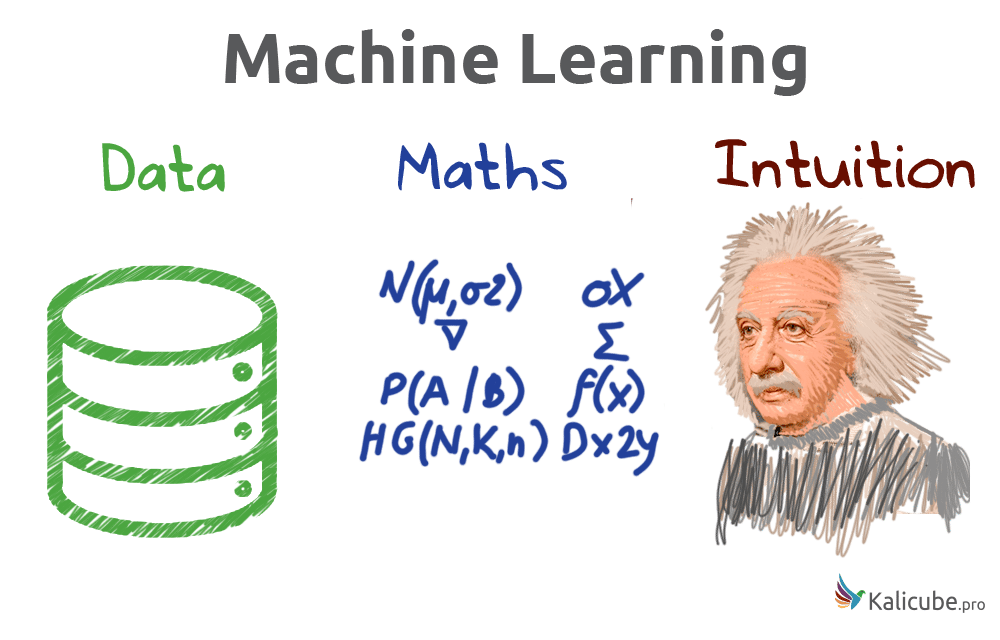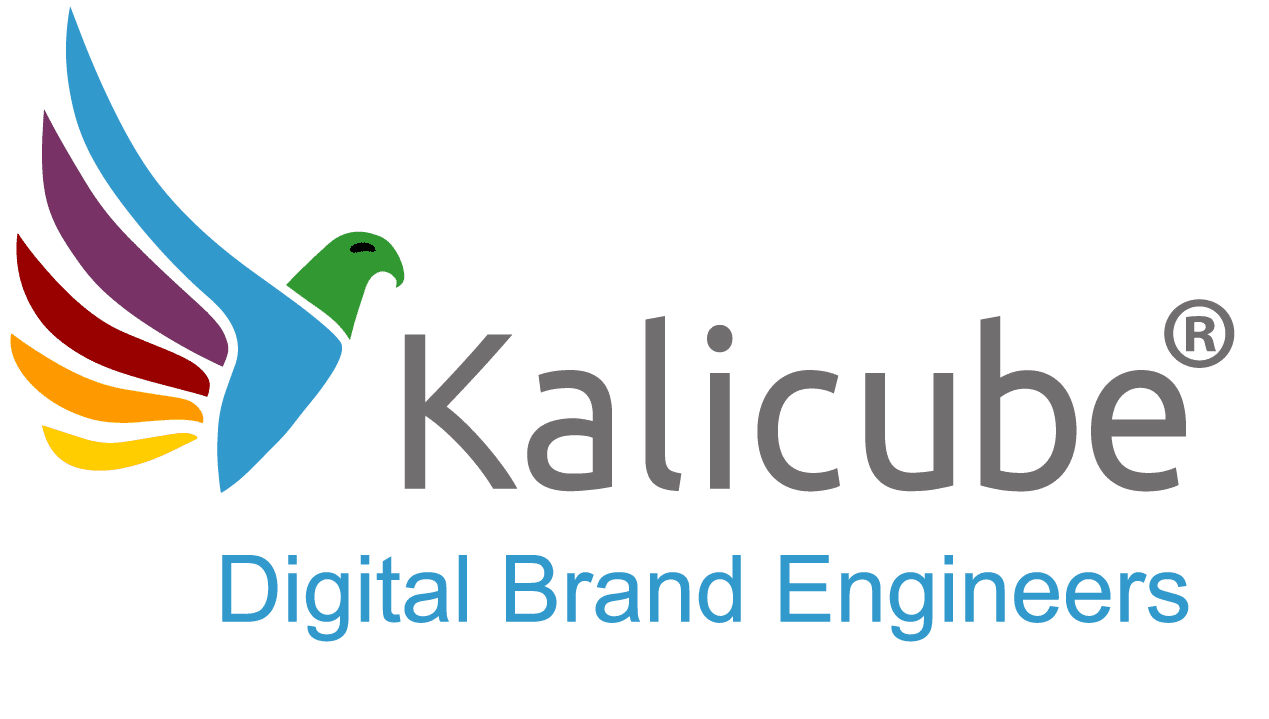Reinforcement Data for Machine Learning on Google: What You Need To Know

In this article you’ll learn more about the concept of Reinforcement Data, its importance for machine learning and its applications for online presence optimization and search engine results.
What is Reinforcement Data?
Reinforcement Data gives positive feedback to the algorithms in the machine-learning process. The algorithms are learning and training on vast amounts of data. When the algorithm produces accurate results, Reinforcement Data tells the machine the results are correct and allows it to continue to refine and reinforce its learning.
Think of this as the learning process of a curious child.
Much like children learn from their successes and mistakes, machines need feedback to understand the subtleties of the information they encounter. Just as children refine their understanding through guidance and experience, machines need feedback to improve their pattern identification.
Machines get feedback as rewards (Reinforcement Data) or penalties (Corrective Data).
What is Machine Learning?
Machine learning allows a system or algorithms to autonomously learn and improve its understanding by using neural and deep learning without being explicitly programmed. Instead of coding, the algorithms receive vast amounts of real-life data to train and learn. The algorithms use this data to learn how to learn. They are constantly evolving.
In Google’s language, the machine represents various Google algorithms. By teaching the machine to learn, Google Engineers train algorithms to determine facts, display relevant information, identify entities, uncover attributes, and understand relationships.

Why is Reinforcement Data Important in Machine Learning?
Reinforcement Data is a positive feedback signal, telling the algorithms are on the right track. They help the machine understand which features, patterns or data combinations led to correct results, improving its ability to make informed decisions in similar situations in the future.
Reinforcement Data empowers machines to recognize patterns and gain insights from vast amounts of information, making them astute observers capable of making informed decisions.
Kalicube leverages this capability to provide optimized solutions to improve online presence, enhance the Brand SERP, and control the Google Knowledge Panel.
Corrective Data and Reinforcement Data in the Machine Learning Process
It is important to note that while Reinforcement Data is valuable, it is not the only input to machine learning. Corrective data tells the machine it has made mistakes and allows it to refine the algorithm.
Influence of Reinforcement Data on Knowledge Panel Information and Google’s Algorithms
The impact of Reinforcement Data on Knowledge Panel information and Google’s algorithms is significant.
While suggesting changes to the Knowledge Panel can be effective, it requires substantial evidence. The best way to influence Google is to educate it about the Entity, including its attributes and relationships. This means maintaining a robust and authoritative Entity Home and corroborating sources across the web that provide a reliable self-affirming loop of consistent information about the Entity.

At Kalicube, Reinforcement Data critically shapes the information displayed in Knowledge Panels. Yet, it’s crucial to acknowledge that algorithms make the final decisions. The Kalicube® Process influences the algorithms by ensuring that Google recognizes the Entity Home as the authoritative source on the Entity, and ensuring the algorithms are confident about their understanding of the Entity.
Reinforcement Data in Kalicube’s Machine Learning Models
Reinforcement Data is the lifeblood of Kalicube’s machine-learning models, driving continuous development and improvement. These models thrive on the ongoing influx of Reinforcement Data, delivering better results and predictions over time. Kalicube takes a data-driven approach, equipping marketing agencies and businesses with powerful tools like Kalicube Pro™ to make informed decisions and take control of their brand positioning in the digital space.
This empowers Kalicube to deliver tailored, optimized solutions, including prioritized tasks and actionable insights, to individuals and businesses seeking to enhance their online presence, strengthen their Brand SERP, and take control of their Google Knowledge Panel.
Pitfalls and Drawbacks of Reinforcement Data
Using Reinforcement Data in machine learning comes with certain pitfalls and drawbacks. Here are some of them.
High Sensitivity to Feedback Quality
The quality and reliability of the feedback provided in Reinforcement Data are crucial. Incorrect, misleading, or inconsistent feedback can lead to mistakes in learning and suboptimal decision-making.
Limited Diversity
Reinforcement Data relies on existing examples or historical data, which may be incomplete. The limited diversity can restrict the machine’s ability to generalise and make accurate decisions in unfamiliar or novel situations.
How does Reinforcement Data fit into Brand SERP Optimisation and Knowledge Panel management?
Reinforcement Data is essential for managing Knowledge Panels and optimising Brand search engine results pages (SERPs). By providing real-life examples with accurate and pertinent information, brands can better align their online presence with user intent and search engine algorithms, resulting in better visibility and precision in search results.
Leveraging this invaluable data enables brands to increase visibility, maintain accuracy, and skillfully manage their online reputation.
Book a call today to discuss how Kalicube can help you take control of your brand narrative across search.






